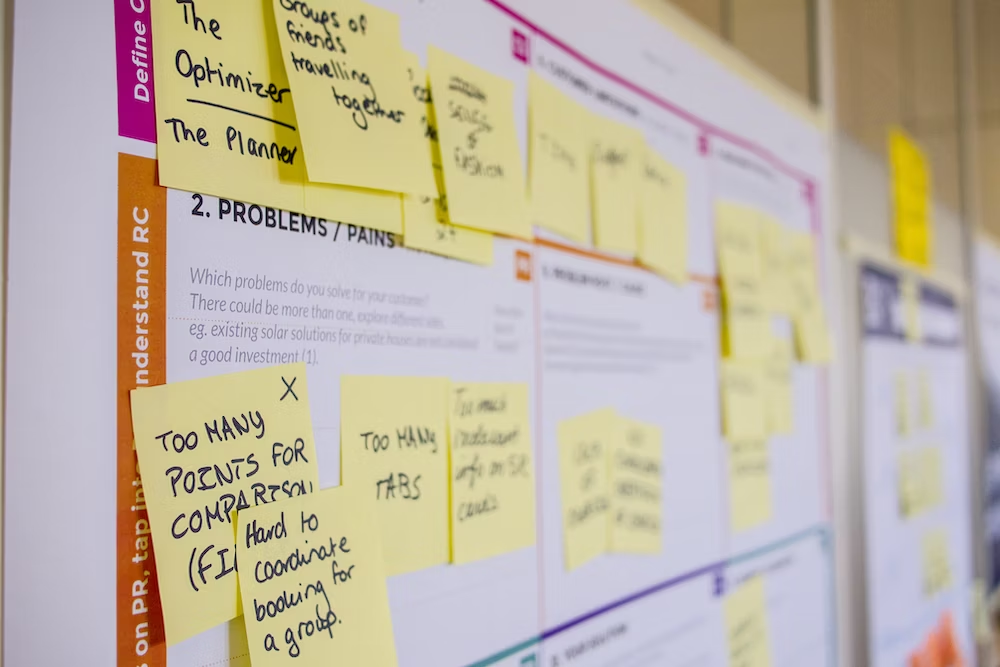Pilot testing, or the act of conducting a pilot study, is an important phase in the research process, especially in qualitative and social science research. It serves as a preparatory step, a preliminary test, allowing researchers to evaluate, refine, and if necessary, redesign aspects of their study before full implementation, as well as determine the cost of a full study.
Pilot studies for assessing feasibility
One of the most significant purposes of a pilot test is to assess the feasibility of and identify potential design issues in the main study. It provides insights into whether a study's design is practical and achievable. For instance, a research team might find that the originally planned method of interviewing is too time-consuming for a larger study or that participants may not be as forthcoming as hoped. Such insights from a feasibility study can save time, effort, and resources in the long run. During pilot testing, a researcher can also determine how many or what kinds of participants might be needed for the main study to achieve meaningful results. It helps in ensuring that the target population is adequately represented without overwhelming the team with excessive data.
Refining research methods
A pilot study with a small sample size offers a testing ground for the instruments, tools, or techniques that the researchers plan to use. For example, suppose a project involves using a new interview technique. In that case, the pilot group can provide feedback on the clarity of questions, the flow of the interview, or even the comfort level of the interaction. This feedback from a carefully selected group can contribute to refining the tools and methods to ensure that the main study captures the richest insights possible. No design is perfect from the outset. Pilot testing acts as a litmus test, highlighting any potential challenges or issues that might arise during the full-scale project. By identifying these hurdles in advance, researchers can preemptively devise solutions, ensuring smoother execution when the full study is conducted.